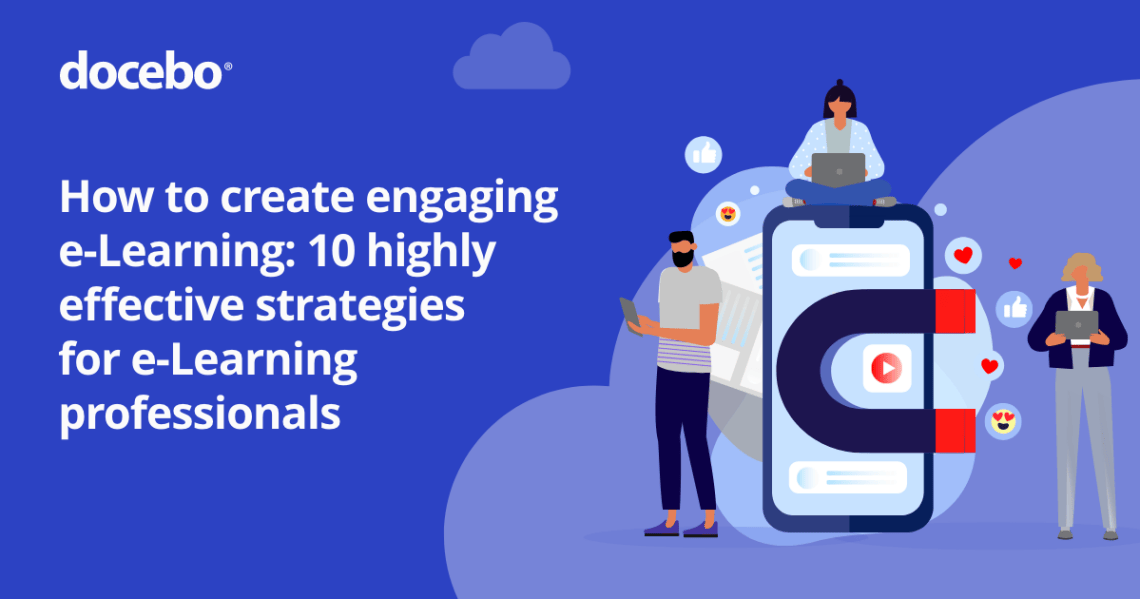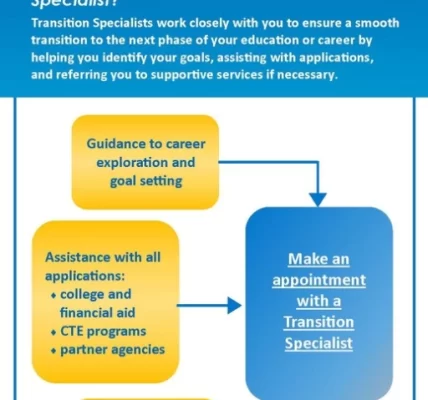In the digital era, online learning has become a cornerstone of education, offering flexibility and accessibility. However, keeping learners engaged in virtual environments presents unique challenges. “Engagement in the Digital Era” explores effective strategies to foster interactive online learning experiences, ensuring that learners remain motivated, participative, and invested in their educational journey.
1. **Interactive Multimedia Content:**
Incorporate diverse and engaging multimedia elements into online courses, such as videos, interactive simulations, and podcasts. These dynamic resources cater to various learning styles, capturing and maintaining the learner’s interest throughout the course.
2. **Discussion Forums and Virtual Communities:**
Establish discussion forums and virtual communities to facilitate peer-to-peer interaction. Encourage learners to share insights, ask questions, and participate in collaborative discussions. Virtual communities foster a sense of belonging and provide a platform for knowledge exchange.
3. **Real-world Application Exercises:**
Design assignments and activities that encourage real-world application of concepts. Practical exercises, case studies, and simulations allow learners to apply theoretical knowledge in a practical context, enhancing engagement and reinforcing the relevance of the content.
4. **Gamification Elements:**
Integrate gamification elements, such as quizzes, badges, and leaderboards, into the online learning platform. Gamification adds an element of competition and achievement, motivating learners to actively participate and progress through the course.
5. **Live Webinars and Guest Speakers:**
Organize live webinars featuring subject matter experts and guest speakers. Live interactions provide learners with the opportunity to ask questions, engage in discussions, and gain insights from industry professionals, enhancing the learning experience.
6. **Adaptive Learning Platforms:**
Utilize adaptive learning platforms that tailor content based on individual learner progress. Personalized learning paths ensure that each learner receives content at an appropriate pace, addressing their specific needs and keeping them engaged.
7. **Peer Review and Collaborative Projects:**
Implement peer review assessments and collaborative projects. Encouraging learners to evaluate and provide feedback on their peers’ work fosters a sense of accountability and community. Collaborative projects promote teamwork and shared responsibility.
8. **Responsive and Accessible Design:**
Ensure that the online learning platform is responsive and accessible across various devices. A user-friendly interface and compatibility with mobile devices enhance accessibility, allowing learners to engage with the content anytime, anywhere.
9. **Feedback and Assessment Strategies:**
Provide timely and constructive feedback on assignments and assessments. Clear communication on progress and areas for improvement motivates learners to stay engaged and actively work towards their goals.
10. **Continuous Communication Channels:**
Maintain open and continuous communication channels between instructors and learners. Regular updates, announcements, and responsive communication create a supportive learning environment, reducing feelings of isolation and enhancing engagement.
Conclusion:
“Engagement in the Digital Era” underscores the importance of employing diverse strategies to foster interactive online learning experiences. By incorporating multimedia content, facilitating discussions, promoting real-world applications, integrating gamification elements, and leveraging technology, educators can create dynamic and engaging online learning environments that inspire curiosity, collaboration, and a thirst for knowledge in learners.













